Brazilian Tales
Book Excerpt
With the appearance of O Mulato by Aluizio Azevedo (1857-1912), the literature of Brazil, prepared for such a reorientation by the direct influence of the great Portuguese, Eça de Queiroz, and Emile Zola, was definitely steered toward naturalism. "In Aluizio Azevedo," says Benedicto Costa, "one finds neither the poetry of José de Alencar, nor the delicacy,--I should even say, archness--of Macedo, nor the sentimental preciosity of Taunay, nor the subtle irony of Machado de Assis. His phrase is brittle, lacking lyricism, tenderness, dreaminess, but it is dynamic, energetic, expressive, and, at times, sensual to the point of sweet delirium."
O Mulato, though it was the work of a youth in his early twenties, has been acknowledged as a solid, well-constructed example of Brazilian realism. There is a note of humor, as well as a lesson in criticism, in the author's anecdote (told in his foreword to the fourth edition) about the provinci
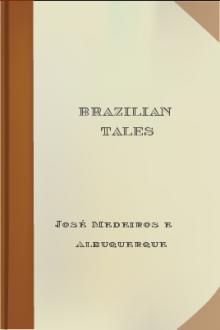
 Free Download
Free Download























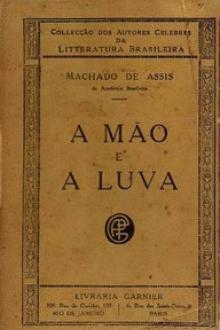
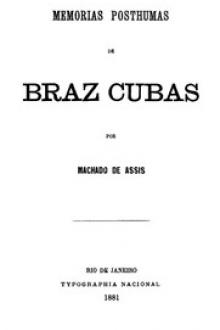
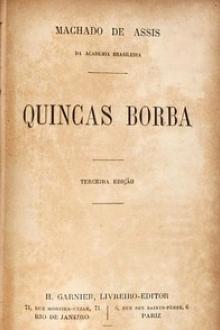
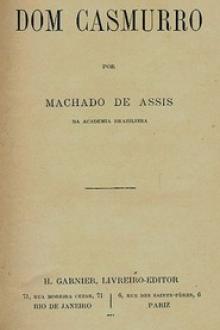
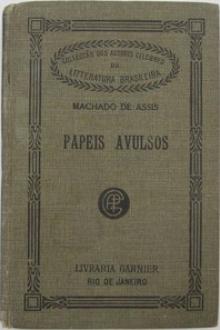
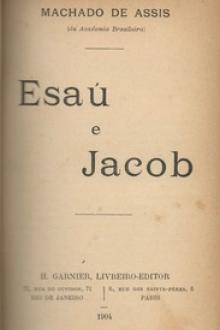
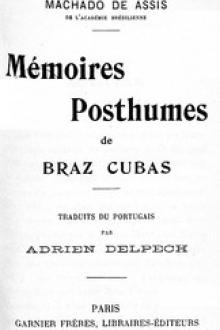
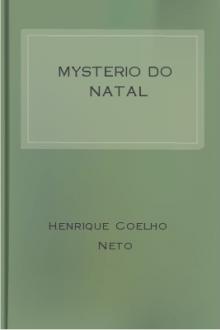
-itok=vcKIB5v1.jpg)